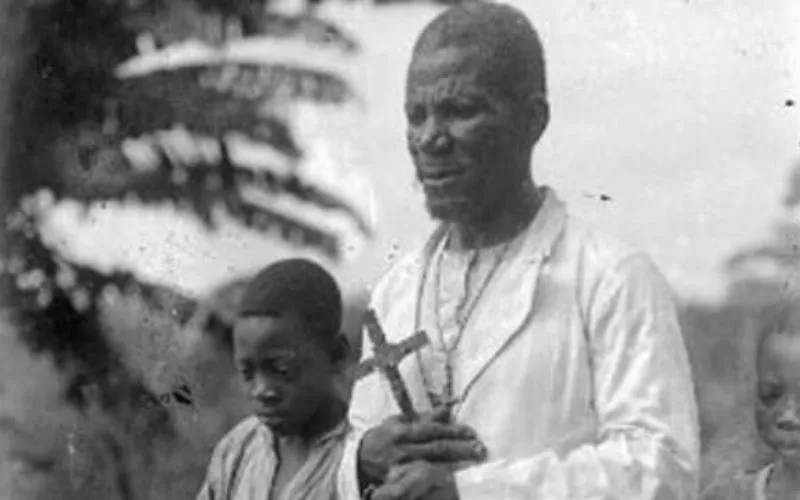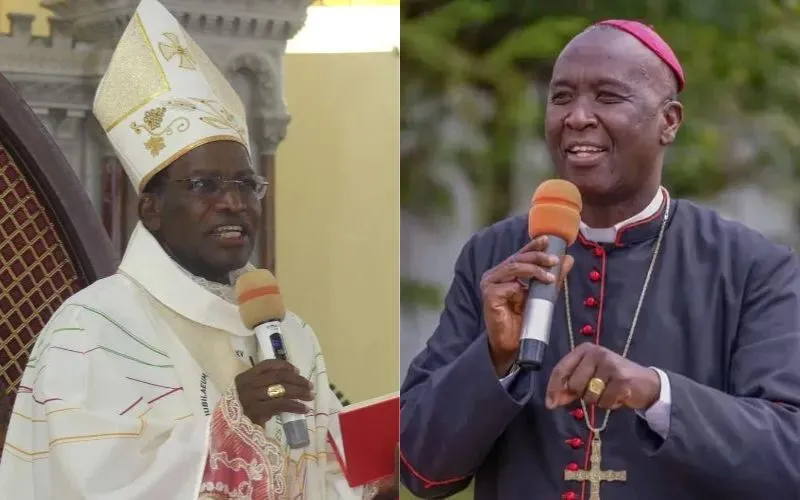Esono goes down in history as the first Catechist to be martyred in Equatorial Guinea, having served just after the country became independent from Spain in 1968.
In what has been described as the most difficult period for the Church in Equatorial Guinea, public worship is said to have been forbidden, and churches converted into cocoa and coffee warehouses.
At this time of persecution, it was Catechists who undertook the task of evangelization, Bishop Miguel Angel recounted in a report that CAN published on January 25.
Recalling these times of persecution, Bishop Nguema said, “I remember when I was small, in the 70s, my grandmother and my mother would take us to work on a farm on Sundays. They’d make us grab our tools, and we’d head into the woods, where we would be met by a Catechist and celebrate the Word of God.”
“We’d take spiritual communion and spend two hours in discussion, before returning to the community, as if we had been working. If it had not been for Catechists, many Christians would have been unable to keep the fire of their faith alive in those years of cruel dictatorship,” the Equatorial Guinean member of the Salesians of Don Bosco (SDB) said.
Born in the village of Ebansok, Esono had never heard of Christ until, one day, he went to the coastal city of Bata, as he often did, to sell his coffee.
In the city, the birthplace of Bishop Nguema, young Esono is said to have met a Claretian missionary, who taught him to pray the Holy Rosary.
“José noticed that after reciting this prayer with the priest, the things he had come to do in the city were easier than usual,” Bishop Nguema told ACN, adding that when the young man returned to his community, he decided that he would teach everyone to pray the Holy Rosary.
Those that Catechist Esono taught the Holy Rosary wanted to know more about the prayer, which is said to have been a novelty for them. And so, when the Catechist returned to Bata to sell his coffee, he sought out the missionary and told him, “My people already pray the rosary, but now I want you to come and explain to us who this Mary is, who we are praying to.”
This way, the Claretians, officially called the Congregation of Missionaries Sons of the Immaculate Heart of the Blessed Virgin Mary, are said to have arrived in Ebansok.








